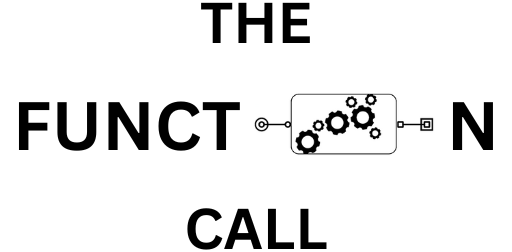
What Is OCD?
OCD stands for Obsessive-Compulsive Disorder, a mental health condition where a person feels the urge to perform certain tasks or think certain thoughts repeatedly until they feel “just right” or complete.
While OCD is often associated with visible, physical compulsions like excessive handwashing or checking locks, it also manifests in the mind — through repetitive thoughts and internal rituals. These are known as mental compulsions.
In this article, we’ll explore OCD related to mental rituals — the silent battles that happen inside the mind. But even if you’re dealing with physical compulsions, don’t stop reading. Understanding the mental side of OCD can help you gain a deeper insight into your overall experience with the disorder.
How Do You Know If You Might Have OCD?
Let’s start with a simple but powerful self-reflective question:
Have you ever replayed a past conversation or event in your mind — even though you understood it at the time — because of a nagging doubt?
For example, you might find yourself thinking:
Did I really understand what happened?
Did I interpret that situation correctly?
What if I missed something important?
These thoughts create a sense of uncertainty and anxiety, which pushes you to mentally re-analyze the experience again and again. If this resonates with you, there’s a strong chance you’re experiencing a mental compulsion, a lesser-known but very real form of OCD.
How to Begin Overcoming Mental Compulsions?
Once you’ve recognized that your mind is stuck in this loop, the next step is learning how to respond differently. Here’s a simple approach:
Pause and ask yourself:
“Do I actually understand the situation?”
If your answer is yes, and the only reason you want to revisit it is to chase away an uncertain feeling — that’s OCD talking.
In that case, resist the urge to mentally replay the situation. Let the discomfort or doubt be there in the background, like noise from a passing car — acknowledge it, but don’t engage with it.
Important Clarification
If you genuinely don’t understand something and need to review it to gain clarity, that’s completely normal and not OCD. The problem begins when you already know you understood the situation, but OCD convinces you that maybe you didn’t, and you keep replaying it to relieve that doubt.
Final Thought
OCD thrives on uncertainty and the need for reassurance. The key to recovery isn’t eliminating the doubt, but learning to live with it without reacting. The more you resist mental compulsions, the weaker they become over time.
You’re not alone in this journey, and awareness is the first step toward freedom.
